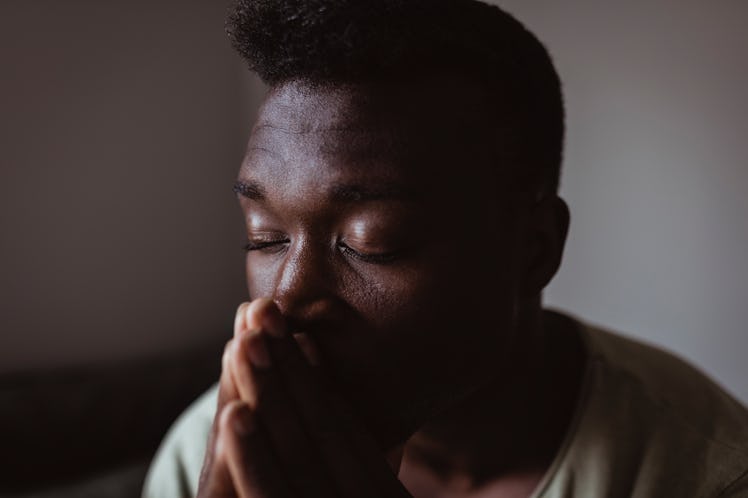What Causes Hiccups? A Neurologist Explains.
And how to reset the nervous system to get rid of them.

One high-pitched “hic!” from your kid is adorable. But ten hiccups in and it becomes a lot less cute — both for you and your uncomfortable child. In some rare cases, those hiccups can even drag on for weeks or longer. So what causes hiccups, and could hiccups be a sign of something serious? And will scaring someone out of their hiccups actually work? This is what science says about how to get rid of hiccups.
So, What Causes Hiccups?
Hiccups happen when something causes your parasympathetic nervous system — the part of the nervous system that controls breathing — to short circuit. Especially important in this system are two nerves: The vagus nerve, which runs down the neck and has branches throughout the digestive system, and the phrenic nerve, which connects directly to the diaphragm, a flat sheet of muscle just below the lungs.
Both nerves collect information about what’s happening in the body, then pass it along to the brain, says Shaheen Lakhan, M.D., Ph.D., a neurologist and Chief Medical Officer of Click Therapeutics who has published research on the neuroscience of hiccups. Using that information collected by the nerves to control respiratory rate, the brain then sends a message back down the phrenic nerve, telling it: “okay, now breathe.” If all is working smoothly, the phrenic nerve gets the diaphragm to contract downward, sucking air into the lungs.
But that arc is easily disrupted. A full stomach, spicy dish, or bubbly drink can all irritate the vagus and phrenic nerves, either directly or when a particularly full stomach pushes up against the diaphragm. “That sends the system haywire,” Lakhan says.
Erratically firing nerves cause the diaphragm to spasm and the vocal cords to seize shut, resulting in a big gulp of air and the characteristic “hic!”
While eating and drinking are the most common causes of hiccups, excitement and fear can also trigger a bout, Lakhan says. That’s because the parasympathetic nervous system isn’t just involved in breathing; it also controls our fight-or-flight response.
“Excitement actually activates all three phases of the arc,” Lakhan said. That is, the messages being sent to the brain, the processing of those messages, and the messages being sent back to the diaphragm. “That’s because excitement is by definition an arousal state.” In other words, it gets your fight-or-flight system going.
Rarer, and more concerning, causes of hiccups include those that disrupt the second phase of that arc: the circuitry within the brain. Tumors, aneurysms, strokes, certain medications, and other nervous system disorders can all cause hiccups, Lakhan says. These bouts can last months or years. (The Guinness World Record holder for “longest case of hiccups” was a farmer in Iowa who started hiccupping in 1922 after an attempt to lift a 350-pound hog, and he didn’t stop until 1990. Later it was discovered that he had burst a blood vessel in his brain.)
The Best Way To Cure Hiccups
Physicians suggest going to see the doctor if the hiccups last longer 48 hours — these cases are called “intractable” or “persistent” and often indicate an underlying problem. In the United States, hospitals see around 4,000 of cases of persistent hiccups each year, according to an article published in Neurology of Systemic Diseases.
Most cases of hiccups, fortunately, are easy to stop — and a lot of the old wives tales about how to do it aren’t far off. Common maneuvers such as holding your breath or drinking from a glass of water upside-down — two of the best ways to get rid of hiccups — trigger a nervous system “reboot.” The prevailing theory is that these methods activate both the vagus and phrenic nerves, getting them to stop their aberrant firing.
For instance, holding your breath causes carbon dioxide to build up in the body. “That tells your phrenic nerve, ‘hey, you need to increase respiration to get the bad, toxic CO2 out of the body,’” Lakhan says. Afterwards, you start gulping in air more quickly, which activates the vagus nerve, Lakhan says. “So then you get simultaneous activation of both of those. That halts the hiccups.”